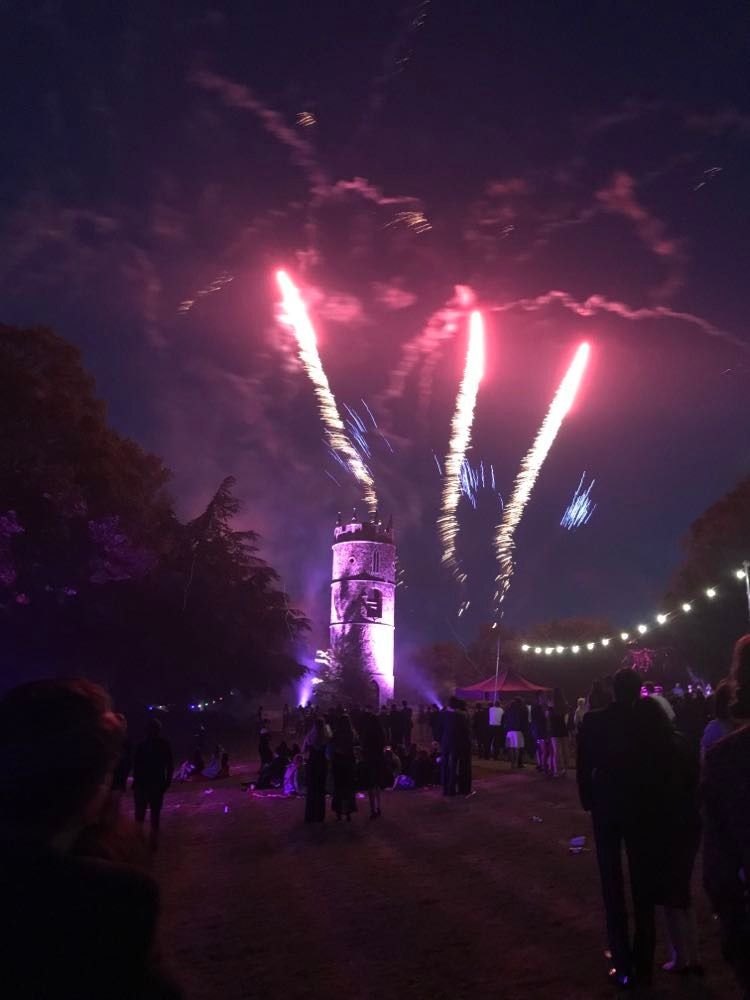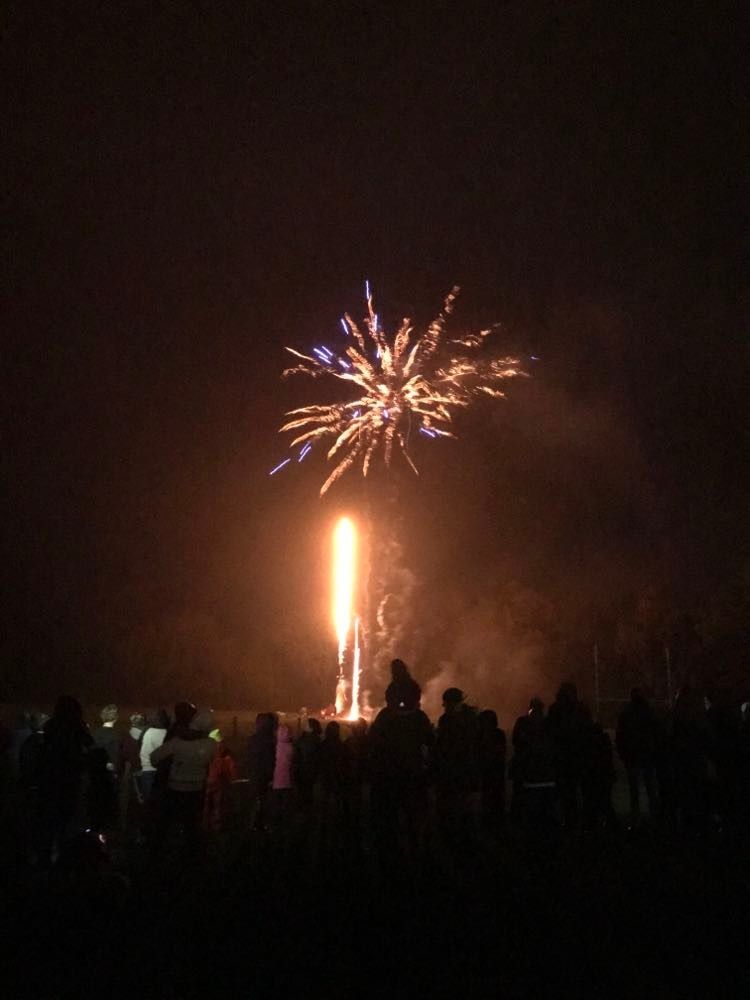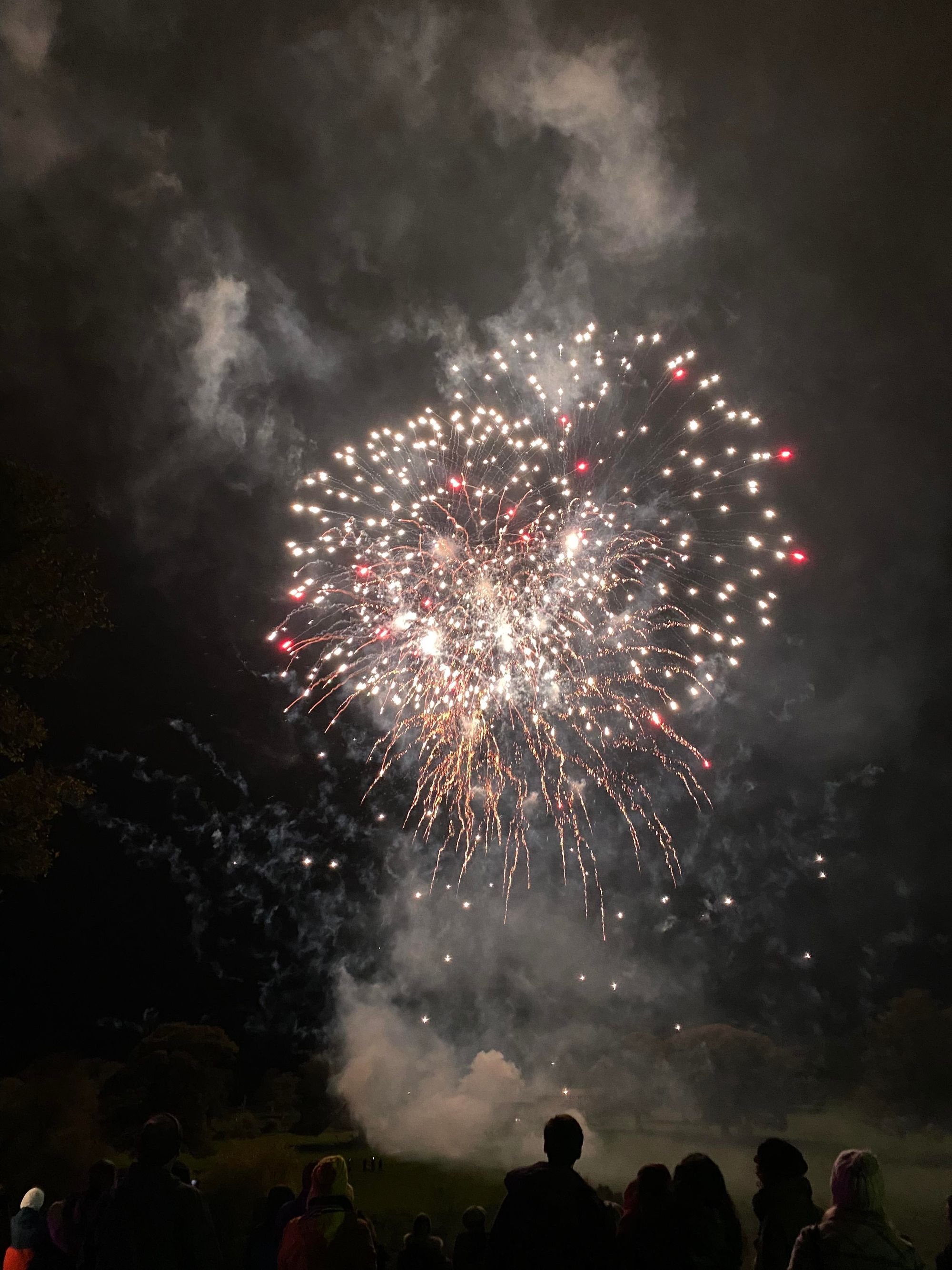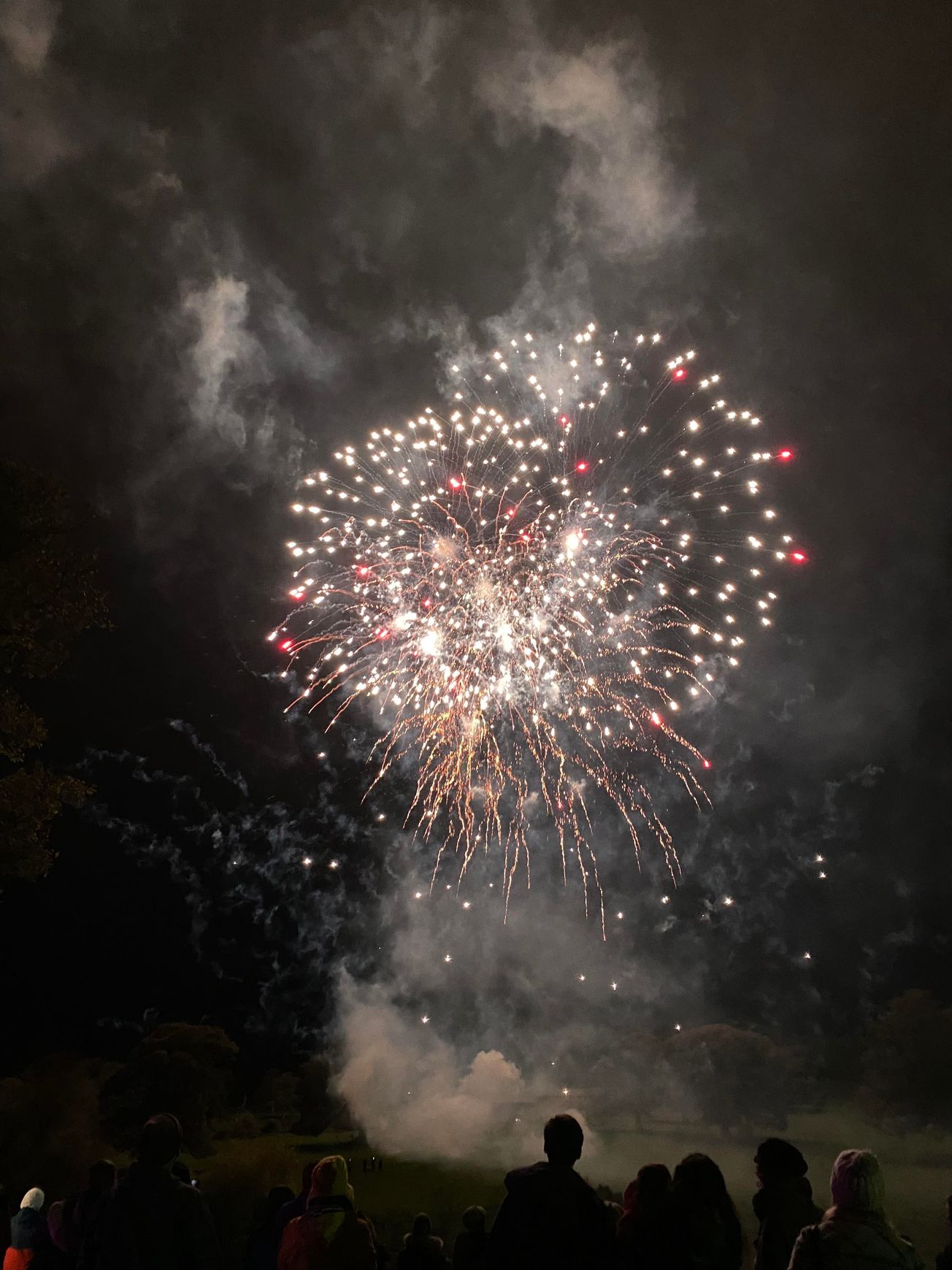By Milan Perera, Second Year, English
The Croft Magazine // Crackle, hiss, zoom and off they go: high into the cold autumn sky to explode into a thousand red, green, and yellow stars.
Yes, been and gone is that time of year when the spooky spectacle of Halloween rolls into fun-filled Bonfire Night. Ironically, the origin of this autumn festivity is anything but fun: in fact it is steeped in conspiracy, treason, betrayal, torture, and executions!

The origin of Bonfire Night (or ‘Guy Fawkes’) goes back to 1605 when a group of Catholic dissidents, furious at the subjugation of their religion, tried and failed to blow up the Houses of Parliament and consequently overthrow the Protestant King, James I. The scheme was foiled during the final stage of the operation and Guy Fawkes, one of the co-conspirators, was given the harrowing sentence which read as thus:
‘Drawn backwards to his death, by a horse, his head near the ground. He was to be "put to death halfway between heaven and earth as unworthy of both". His genitals would be cut off and burnt before his eyes, and his bowels and heart then removed. Then he would be decapitated, and the dismembered parts of his body displayed so that they might become "prey for the fowls of the air”.’
But Guy Fawkes had the presence of the mind to jump to his death to avoid the most torturous part of the gruelling execution by hanging, though his lifeless body was still quartered as was tradition. King James, feeling grateful to have been saved from the treasonous act, mandated that the whole country should join him in thanking the Lord for impeding the traitors and saving the King. Modern celebrations of Bonfire Night include burning the effigy of ‘perfidious’ Guy Fawkes, vibrant fireworks and toasted marshmallows.

In Victorian times, Bonfire Night was a much-anticipated event. Children would create a makeshift ‘Guy’ out of rags and wheel him on a pram along the roads asking for a ‘penny for the Guy!’
These celebrations, however, are nothing but chronicles of the recent past and now this once great tradition has been reduced to a fireworks display. In a secular age where all religions are held in equal esteem on a governmental level, is this festival still relevant? A failed political coup is no reason to keep up annual celebrations.
When a large proportion of the population recognize itself as non-religious, one could also ask the question, ‘why Christmas, then?’. Though it appears to be a solely Christian holiday, celebration of Christmas predates Christmas, if that makes sense. The pre-Christian pagans celebrated the festival of Saturnalia in homage to the god Saturn which was characterised by decorating homes with ever green boughs and making blood puddings.

This was appropriated by the newly formed Christian nations as ‘Christmas’ to mark the birth of Christ. Similarly, for hundreds of years, the end of the ‘outdoor season’ in Northern European countries was marked with fireworks and bonfires. These festivities mark the close of the hot half of the year and prepare society for the reflection that comes with the lifeless, leafless cold winter nights.
The Nordic festival 'Vetrnaetr' is a celebration of wild abandon marking the end of the summer season of commerce and travel and the beginning of the winter season of hibernation.
Despite the gruesome origins of the Guy Fawkes night, it captures a huge part of the residual communal psyche that predates 1605. It can be seen as a farewell to summer rather than an acknowledgement of a conspirator’s execution.
Even if we did not have the saga of Guy Fawkes, we still would have Bonfire Nights just as our Northern European neighbours do.
On the Ground: Spain
The 'fall' holidays of North America
On the other hand, Guy Fawkes has become an unlikely figurehead against tyranny and corruption in recent years. Suddenly, he has been apotheosised into a modern-day saint and symbol of resistance.
In recent years protesters donned with Guy Fawkes masks were seen in pickets, boycotts, and rallies for various causes. At the end of the day, Guy Fawkes was a Roman Catholic who was seeking to practise his faith unfettered.
The existing practice was to permit Catholics to go for communion once a year if they paid lip service to the Church of England! Should we really burn the effigy of someone who sought religious freedom?
Featured Image: Lou Craven
Do you think Bonfire Night is an outdated tradition?









